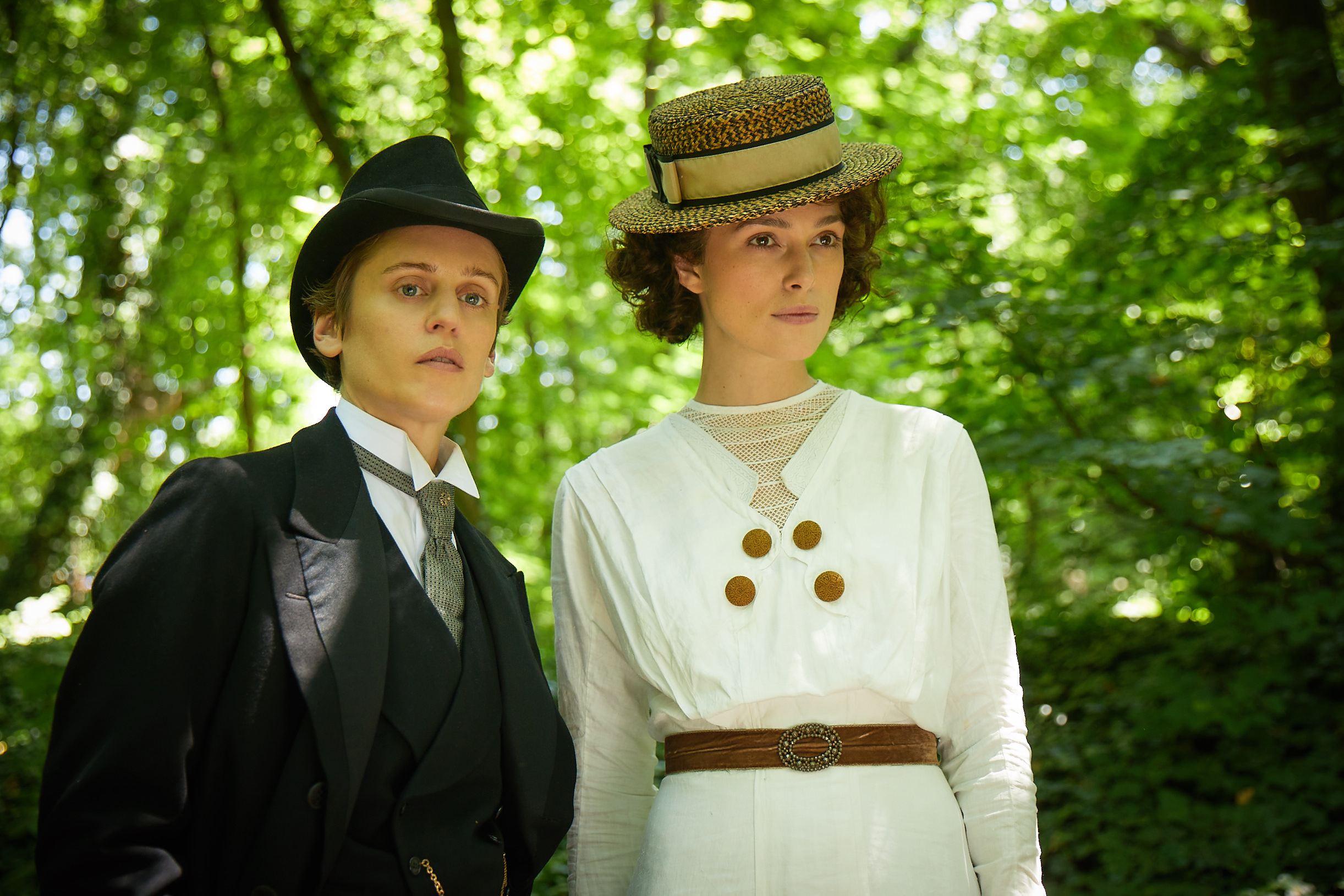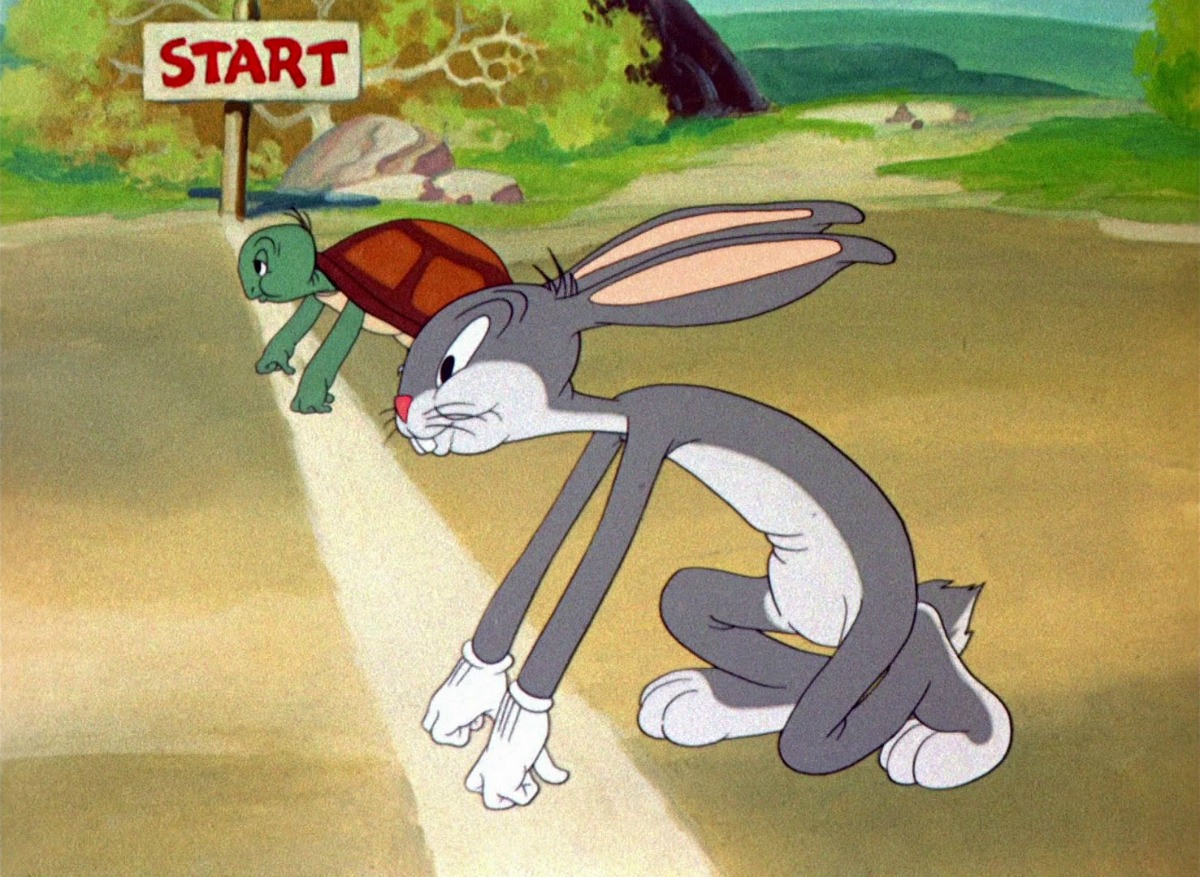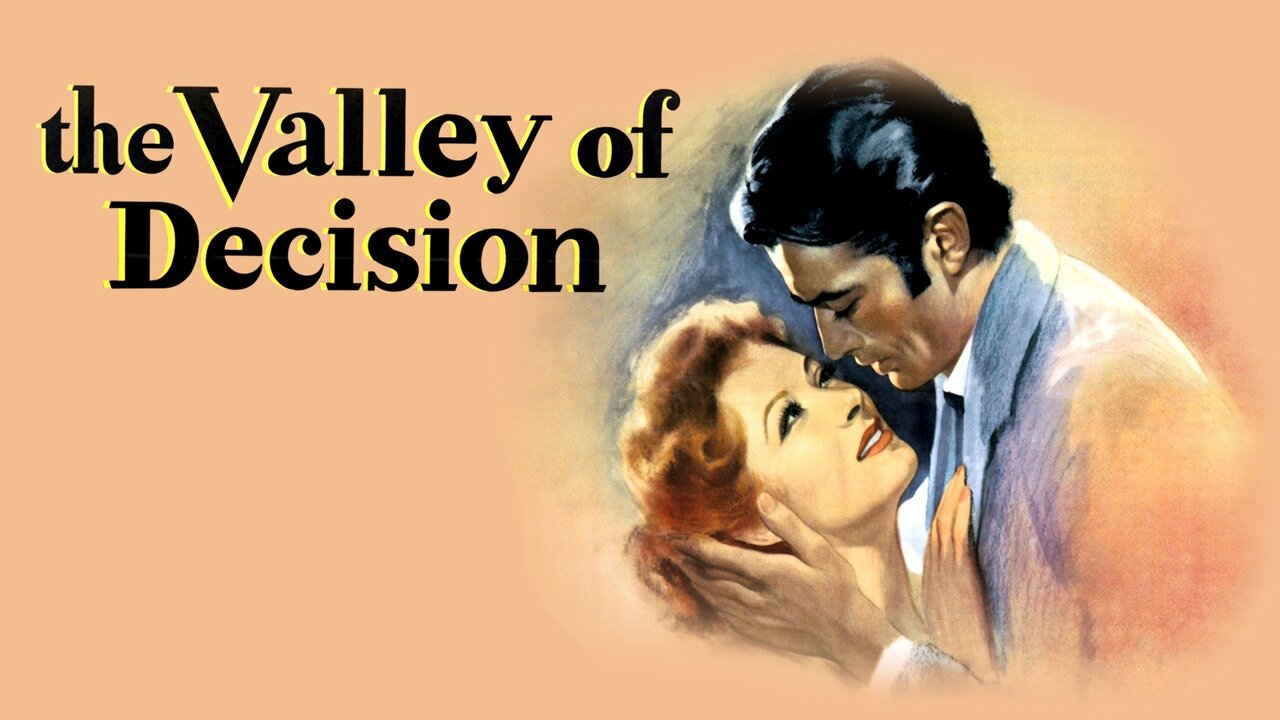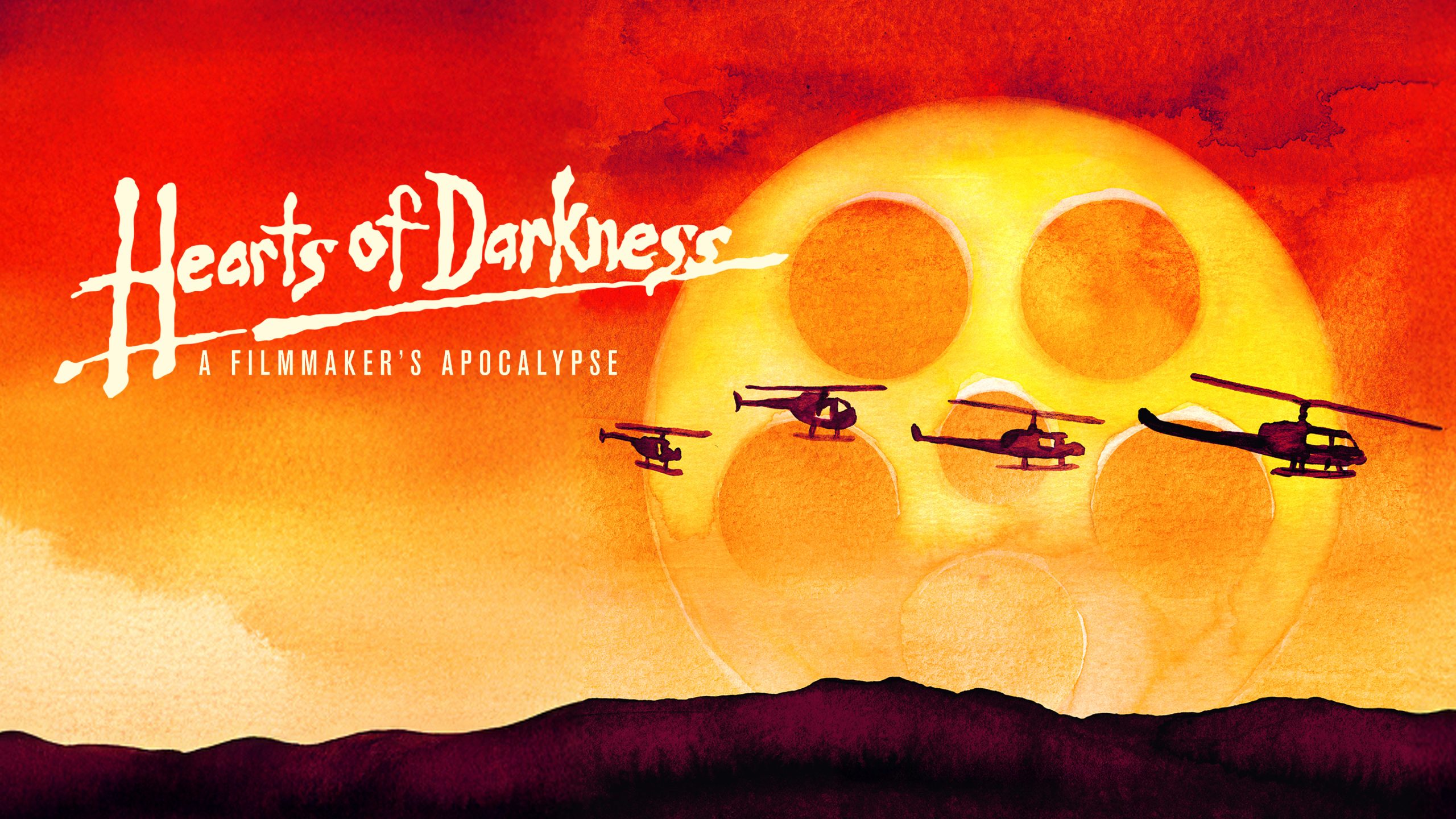
Telling the story of French literary icon Sidonie-Gabrielle Colette, Colette is a film that is appropriate for this new era following the start of the Times Up movement.
The film starts as Henri Gauthier-Villars, best known as Willy (Dominic West), gets engaged to Sidonie-Gabrielle Colette (Keira Knightley). Their marriage is a real depiction of the sexism, much less the feminism, of their time. Willy is an author, but when money troubles become too real, he revisits an old manuscript written by Colette. The resulting Claudine à l’école becomes a huge hit. Three sequels would follow over the next three years. Claudine becomes popular and there’s discussion of stage plays and film rights.
Feeling trapped in a marriage and without a voice, Colette starts to explore herself sexually. There’s a fling with Southern belle Georgie Raoul-Duval ( Eleanor Tomlinson ), followed by a long-term relationship with Marquise de Belbeuf or “Missy” ( Denise Gough ). Missy dresses in a masculine manner. History describes Missy as a lesbian but Colette refers to Missy using the masculine pronouns, which may suggest that Missy should be viewed as a transgender man.
Right off the bat, the film drives into some critical commentary that could seemingly be discussed around the table today. As Willy offers opinions of theater, art, books, etc., he gets into a disagreement with his mother-in-law-to-be, Sido (Fiona Shaw). She suggests that she’ll see it and make up her own mind, reminiscent of present-day situations wherein large numbers of white men offer their critical thoughts as women and other minorities struggle to break through.
For my full review, please head to the Windy City Times.
DIRECTOR: Wash Westmoreland
SCREENWRITERS: Richard Glatzer & Wash Westmoreland & Rebecca Lenkiewicz
CAST: Keira Knightley, Dominic, West, Denise Gough, Fiona Shaw, Robert Pugh, Eleanor Tomlinson, Julian Wadham, Ray Panthaki





